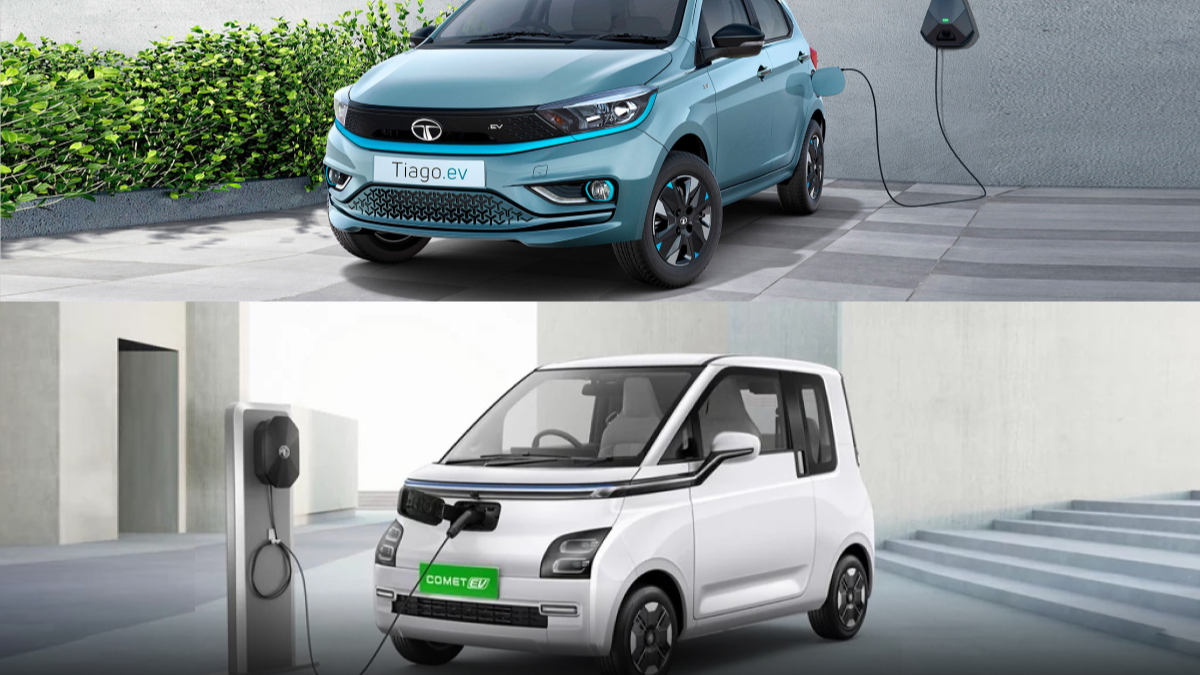In 2025, many car buyers in India are confused about choosing between petrol and electric vehicles (EVs). With rising fuel prices and growing awareness about the environment, electric cars are becoming popular. But are they truly cost-effective compared to petrol cars? This article will help you understand which type of car is better for your wallet by comparing fuel cost, maintenance, resale value, and long-term savings.
Petrol vs Electric Cars – Which One to Choose?
Petrol cars have been the traditional choice in India for decades. They are affordable, easy to refuel, and have a wide service network. On the other hand, electric vehicles are gaining popularity due to lower running costs, government subsidies, and zero tailpipe emissions. However, their higher upfront cost and limited charging infrastructure may raise concerns.
To make the best choice in 2025, it’s important to compare the real costs involved in owning a petrol car versus an EV over time.
Cost Comparison Table – Petrol vs Electric Cars (2025, India)
| Feature | Petrol Car | Electric Car |
|---|---|---|
| Average On-Road Price | ₹7 – ₹12 lakh | ₹10 – ₹18 lakh |
| Fuel/Charging Cost (per km) | ₹7 – ₹9 | ₹1 – ₹2 |
| Annual Maintenance Cost | ₹8,000 – ₹12,000 | ₹3,000 – ₹5,000 |
| Range (per full tank/charge) | 500 – 700 km | 250 – 500 km |
| Charging/Refueling Time | 5 minutes (refuel) | 30 mins – 8 hours (charge) |
| Resale Value (5 years) | Moderate to High | Moderate (rising gradually) |
| Eco-Friendliness | Polluting (CO₂ emissions) | Environment-friendly |
Fuel Efficiency and Running Cost
Electric cars are much cheaper to run per kilometre. While petrol cars cost around ₹8 per km in city driving, EVs usually cost only ₹1 to ₹2 per km, depending on electricity rates. If you drive daily, this difference adds up quickly over months and years, saving thousands of rupees.
Maintenance and Service
EVs have fewer moving parts and don’t need engine oil, clutch replacements, or regular emissions checks. This means less maintenance and lower servicing costs. On the other hand, petrol vehicles need regular servicing, which includes engine oil, filters, spark plugs, etc. Over 5 years, EV owners typically save ₹25,000 to ₹50,000 just on maintenance.
Purchase Cost and Government Incentives
Electric vehicles usually have a higher upfront price. But in 2025, the Indian government is offering several incentives under FAME II and state EV policies. These can reduce the cost by ₹50,000 to ₹1.5 lakh depending on the model and location. Some banks also offer special low-interest EV loans. Petrol cars are still cheaper to buy initially but don’t qualify for such benefits.
Charging Infrastructure and Convenience
Charging an electric vehicle is slower than refuelling a petrol car. However, fast-charging stations are growing across metro cities and highways. Home charging is also convenient if you have a parking space. But for long-distance travellers or people in remote areas, petrol cars still offer better convenience and freedom.
If your goal is long-term cost savings and you drive daily, electric cars are more cost-effective in 2025 India. They have lower running and maintenance costs, and with government incentives, the price gap is closing. However, if you want quick refuelling, lower upfront costs, and easy access to service centres, petrol cars still make sense.
Your decision depends on your budget, driving habits, and access to charging. In urban India, EVs are a smart and affordable long-term choice. But in rural or less-developed areas, petrol cars remain practical for now.
FAQ’s:
Are electric cars cheaper to run than petrol cars in India?
Yes, EVs cost ₹1–₹2 per km to drive, while petrol cars cost ₹7–₹9 per km.
Is it worth buying an electric car in 2025?
If you live in a city and drive regularly, yes. You’ll save on fuel and maintenance.
How long does it take to charge an EV?
Fast charging takes 30–60 minutes. Regular home charging can take 6–8 hours.
Do electric cars get government subsidies in India?
Yes, under the FAME II scheme and state EV policies, buyers can save up to ₹1.5 lakh.
